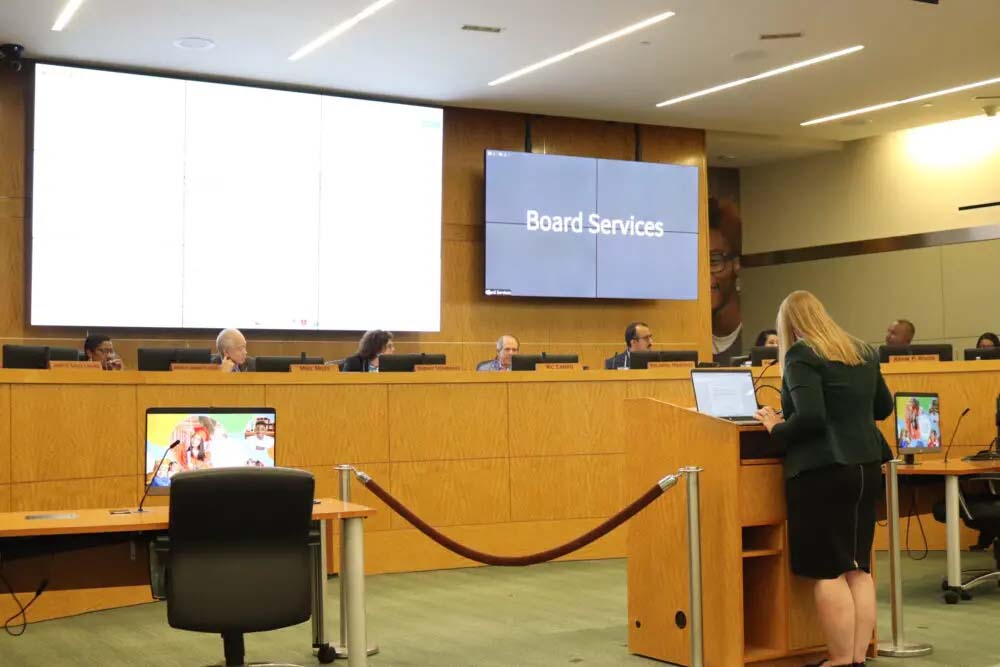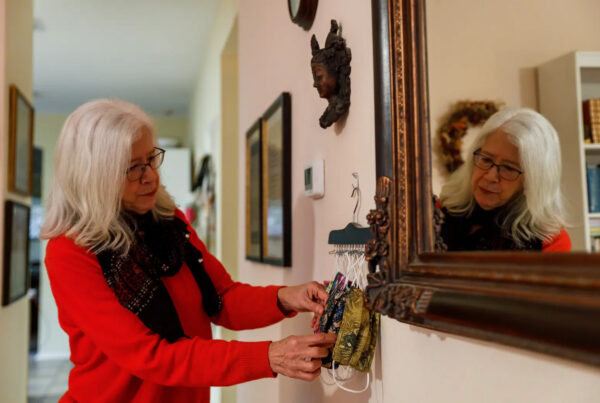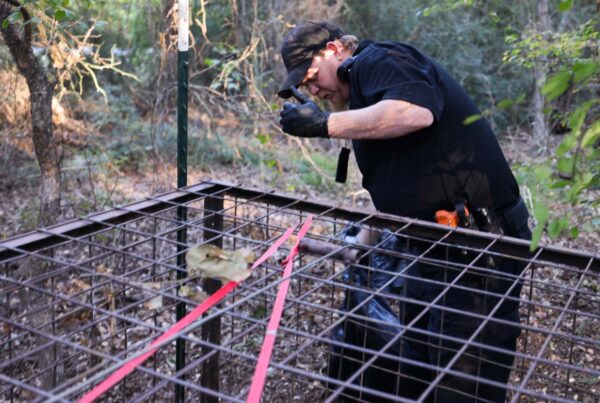From Houston Public Media:
Houston ISD parent Karina Quesada was on the District Advisory Committee (DAC) until earlier this year. As the name suggests, the DAC is usually just advisory, without much power over day-to-day policy. But there is an exception.
“Back in 2021, the district tried to become a District of Innovation in the midst of a pandemic, and so the DAC voted it down,” Quesada said.
The Texas Legislature created the “District of Innovation” status as the sole route for public school systems to begin classes before the fourth Monday of August. It can also open the door to a slate of other exemptions from state laws, like requirements that teachers be certified and class size limits for Pre-K through 4th grade.
Before districts can use those exemptions, administrators must create a detailed plan and obtain the approval of the DAC. The committee consists of educators elected by other educators, as well as appointees chosen by the superintendent and school board. Quesada was a school board appointee, and she voted no in 2021 because the previous administration, like the current one, wanted flexibility to hire uncertified teachers.
State-appointed Superintendent Mike Miles announced in late August that he would renew the push for an “innovation” status in Houston ISD. In September, Quesada and other appointees were removed from the DAC before the end of their terms.
“I would be a no vote,” Quesada said. “This is why I’m no longer on the DAC. It’s very clear that they’ve remade it so that they can go ahead and push this through.”
Most districts in Texas — nearly a thousand, according to the state education agency— already have a “District of Innovation” designation. That’s why Judith Cruz, one of the elected school board members who was replaced by the TEA-appointed managers in June, supports the plan.
“It allows for the district really to just join the rest of the districts of the state that are already doing these things,” Cruz said. “I think the biggest one, and I think the first reason that districts go after it, is for that flexibility in the calendar.”
Cruz also supports the exemption from teacher certifications for hard-to-fill positions, like industry-specific classes at the high school level.
“I see the exemption for teacher certification as a band-aid,” she said. “It’s hard to find certified teachers that both have that certification in the industry and are certified teachers, so I think having some flexibility with that particularly and just in general in this very short-term instance is necessary.”
But trustee Kathy Blueford Daniels, who represents many of the northeast HISD schools facing reforms, is skeptical of the new appointees on the DAC.
“With so many of them — again, I can’t repeat it enough — not understanding the nuances that our children face in our community, I think it’s futile,” Blueford Daniels said. “I think it’s just a rubber stamp-type situation.”
Even with a stacked majority of new appointees, the 61-member District Advisory Committee retains 21 HISD staffers elected by their peers — like teacher Daniel Santos, who’s also the union vice president with the Houston Federation of Teachers.
“As it is written now it is unacceptable, so I will be voting definitely no,” Santos said.
He also voted no in 2021. He’s even more strongly opposed to giving an “innovation” status to the current leadership, which he believes will seek expanded exemptions in the future — like larger class sizes for Pre-K through Fourth Grade, which the administration dropped last week after pushback from the DAC.
“I fear that worse exemptions would be then examined in the future,” Santos said. “And in the plan itself, I’m sure you’ve read the first paragraph or the first page, it confesses that it is open to being amended.”
The administration has scaled back other exemptions included in its initial plan. In the new draft, they still seek the ability to hire uncertified teachers, but only for high schools — and they dropped a request that parents not be notified if their student has an uncertified teacher.
There are also more guardrails around how the district uses exemptions. Uncertified teachers now have to get certification within two years instead of three. An exemption that will allow the creation of a new teacher performance evaluation system now holds off implementation until the 2026 school year to allow for “rigorous” community input.
“All of that is, I think, significant,” said Steve Amstutz, education consultant with the Institute for Research and Reform in Education and a former HISD principal. “In combination with the reduction in the number of waivers, it suggests to me that there are persuasive forces that are reigning in some of the superintendent’s efforts to move forward on certain initiatives — or at least the way in which he’s doing it.”
The DAC will consider the revised plan during a meeting Tuesday evening at the Hattie Mae administration building. If the committee signs off, the state-appointed Board of Managers is expected to approve it in December.














